|
Lorraine Wilson, The Way the Light Bends, Luna Press, 2022. Audiobook available. The Way the Light Bends hovers delicately on the fragile definition of speculative fiction by telling you the story of three siblings in contemporary Scotland. Rob, Tamsin's twin brother, died. She's devastated and pulls away from her family, in particular from her sister Freya. After the anniversary of Rob's death, Freya and her parents realise Tamsin has disappeared. The Way the Light Bends offers two narrative strands: the first one is Tamsin's journal, immediately after Rob's death and slowly leading up to the anniversary. The second one follows Freya after the anniversary and her search for her sister. Through those two narrative voices, we see the sisters' relationship. What they think, what they feel, what they wish they had said and what they wished they could take back. Freya's search for her sister leads her to looking for herself too--and to finding, in her journal, a sister she didn't know that well. Wilson describes the complexities of a sibling relationship masterfully, and anyone with a sibling will be struck by how true and relatable it feels. The grief ravaging them adds another layer of entirely relatable emotions. With those two women, Wilson presents us different ways of facing grief, and their reactions slowly builds the drama. Readers who enter The Way the Light Bends should expect the same that made This Is Our Undoing such a striking story: a delicate story that never falls headlong into fantasy tropes and keeps instead an impressive balance between your interpretation of reality and the characters'. (This is where I deleted two paragraphs rambling about Todorov's definition of the "fantastique". Please imagine them here and enjoy instead a review free of pretend-academic clutter.) The world described gains a very particular colour with which Wilson plays artfully: dusk, dawn, the moments and places in-between. The Way the Light Bends is a novel of liminality. Scotland is the perfect location for such a novel and offers striking scenes making full use of the Scottish landscape and folklore. The liminality is also that thin moment where, maybe, the two sisters could find each other and finally have a relationship together, free from the baggage they accumulated over the years. Because the novel exists around the anniversary of Rob's death which is both the ending point to Tamsin's journal and the starting point of Freya's journey, the pace relies on a tension created by how involved you are in the characters. You keep hoping for this moment when their paths will cross in time. Nonetheless, other scenes will keep you at the edge of your armchair, in particular the moments when Freya swims. The Way the Light Bends will fit you perfectly if you've enjoyed This Is Our Undoing or if you're a fan of Nina Allan's stories. What will remain with me, however, will be what I felt, how much I felt for these two sisters and their fraught relationship . Wilson has written another beautiful novel whose emotions spill from the page and carry you--maybe--somewhere else. If you've liked The Way the Light Bends, you might also like
Comments are closed.
|
All reviews are spoiler free unless explicitly stated otherwise.
I only review stories I have liked even if my opinion may be nuanced. It doesn't apply for the "Novels published before 1978" series of blog posts. Comments are closed, having neither time nor the inclination to moderate them. |
WHAT IS THE MIDDLE SHELF?
The middle shelf is a science-fiction and fantasy books reviewS blog, bringing you diverse and great stories .
PLEASE SUPPORT AUTHORS.
IF YOU LIKE IT, BUY IT. |
ON THE MIDDLE SHELF
|
KEEP IN TOUCH WITH THE MIDDLE SHELF
|
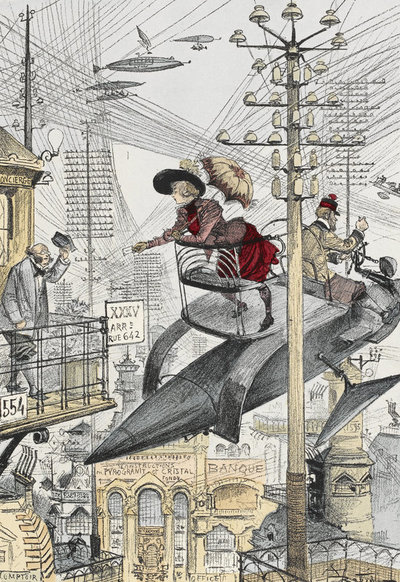

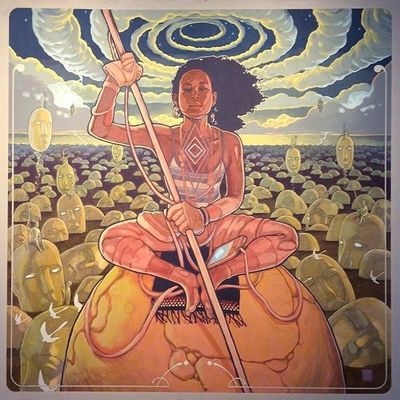
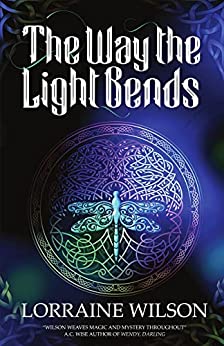
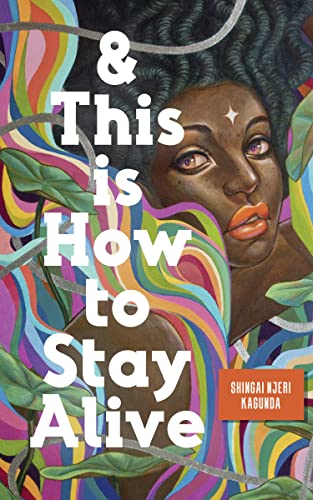

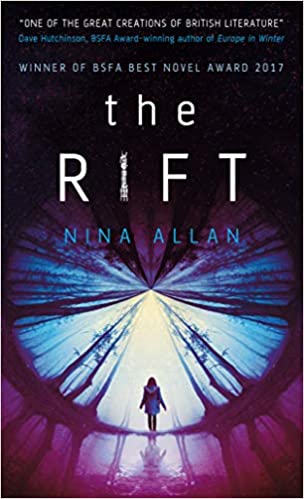
 RSS Feed
RSS Feed
